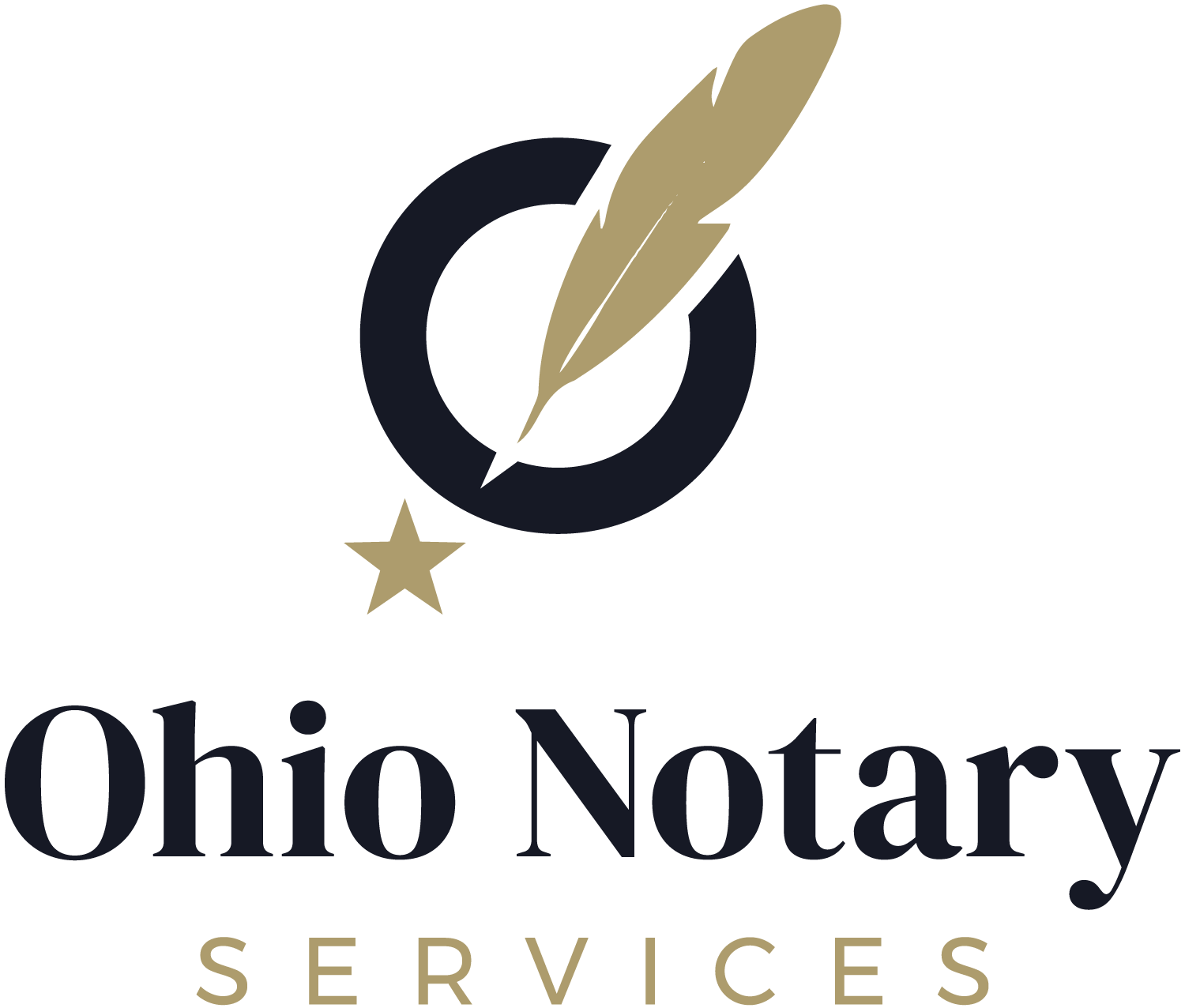Debunking Notarial Work: Simplifying the Role and Significance of Notaries
In the elaborate internet of legal paperwork and confirmation, notaries stand as columns of assurance and credibility. Their role, typically shrouded in mystery for several, lugs significant weight in making certain the validity and stability of crucial files. As guardians of validity and fact, notaries play a pivotal component in our society, yet their job is not constantly completely recognized. By untangling the complexities surrounding notarial methods and losing light on the importance of their acts, a more clear understanding emerges of the essential duty notaries play in supporting the material of lawful and legal agreements.
The History of Notarial Work
The background of notarial job days back to old worlds, where scribes played a critical role in taping crucial info and validating files. This led to the development of notaries, people designated by the state to act as impartial witnesses in legal issues.
During the Middle Ages, notaries obtained importance in Europe, with their functions broadening to include composing lawful documents, certifying signatures, and preserving documents. The increase of global profession better highlighted the significance of notarial operate in confirming contracts and agreements throughout borders.
In the modern age, notaries continue to play a crucial function in lawful and company deals by verifying identities, confirming the authenticity of papers, and stopping scams. Their function in accrediting the validity of arrangements adds a layer of security and count on to the ever-evolving landscape of business and regulation.

Responsibilities and Responsibilities of Notaries
Notaries play an important duty in verifying the credibility of papers and the identity of signatories. One of their primary responsibilities is to witness the finalizing of crucial documents, such as deeds, wills, and agreements, to ensure that all parties are getting in right into arrangements intentionally and voluntarily.
They certify duplicates of original papers, supplying guarantee to institutions that the copies are true reproductions of the originals. On the whole, the tasks and responsibilities of notaries are vital in securing the integrity and legality of numerous files and deals - DIRCO.
Notarial Certificates and Signatures
Exemplifying careful focus to detail, notarial certificates and trademarks work as important components in validating the credibility of legal files. Notarial certifications generally contain crucial info such as the date of registration, the names of the notaries, a description of the paper, and the notary's official seal. These certifications provide a clear record of the notarial act, guaranteeing that the document can be easily determined and traced back to the notary that supervised the procedure.
Signatures play a crucial function in notarial work, as they represent the contract and authorization of the events included. Notaries very carefully witness the signing of documents to verify the identification of the signatures and verify that they are signing of their own free choice. By fastening their main seal and trademark to the file, notaries accredit that the needed treatments have been complied with which the file is valid and enforceable.
Fundamentally, notarial certificates and signatures are the characteristic of credibility in lawful purchases, supplying guarantee to all celebrations involved that the records are legit and binding.
Importance of Notarial Acts

Notarization Process Clarified
Describing the registration procedure offers clarity on the vital actions involved in validating lawful records. The registration process usually begins with the individual offering the record to a notary public. The notary after that confirms the signer's identification through appropriate identification techniques. Once the identity is confirmed, the notary makes certain that the private signing the document does so voluntarily and without any browbeating.

Conclusion

Notarial certificates commonly include essential details such as the day of registration, the names of the notaries, a description of the file, and the notary's main seal. These certificates supply a clear record of the notarial act, making certain that the record can be conveniently recognized and mapped back to the notary that managed the process.
By affixing their official seal and trademark to the record, notaries license that the needed treatments have been adhered to and that the file is legitimate and enforceable.
By validating the identification of the signatures, validating their readiness to get in right into the arrangement, and accrediting the day and area of the signing, notaries play a vital role in supporting the validity of legal records.After the file is signed, the notary will fasten their main seal or stamp onto the file.
Comments on “Qualified Notary Solutions: Ensuring Lawful Credibility and Safety”